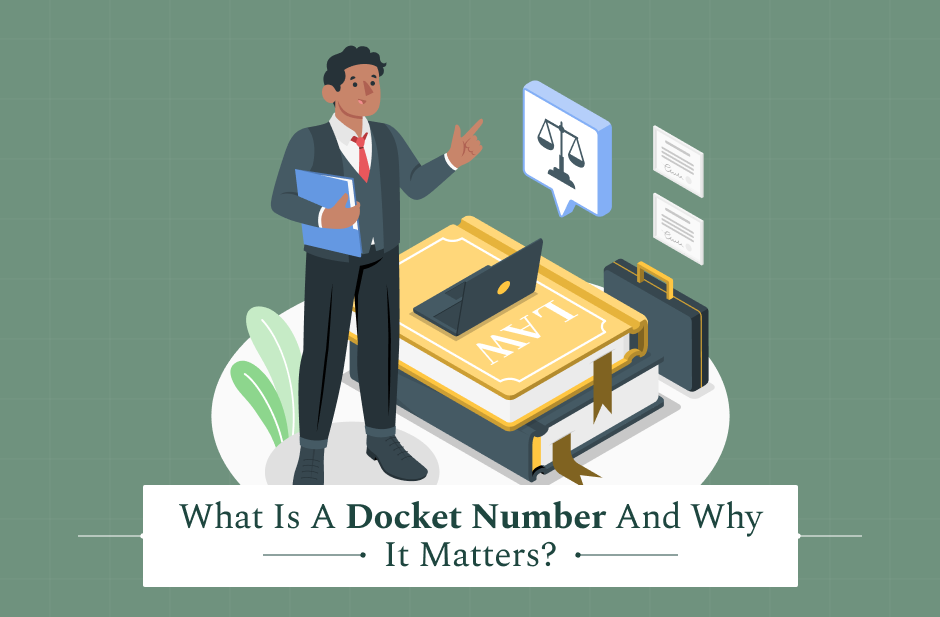Authorities enforce Gaming Law in the United States through regulations and precedents. These shape the distinct definitions. This law comes with legal consequences, oversight duties, and penalties for not following it.
Traditional gambling games, like lotteries, table games, and sports betting, are part of this spectrum. Most gambling games share three key features of consideration, prize, and chance. However, there are only a few exceptions.
Gaming Law in the U.S.: Regulated Games
In the United States, certain games are under strict rules that fall under the category Gaming Law. So, what are these games that fall under the purview of the laws? Well, you don’t need a PhD to understand the intricacies of this law.
These games involve lotteries, bingo, and games played against the house. When you play, you usually pay to participate and might win a prize based on luck. Some games, like roulette, rely entirely on luck, while others, such as blackjack, mix luck with some skill.
Player-Competing Games
There’s another kind of game where players face each other, not the house. Games like poker fall into this category. While these games involve skill, they still have enough chance to fall under gambling laws.
Sports Betting and Race Wagering
Betting on sports or races is also under this law. People bet on outcomes of live sports or horse races. However, laws for horse racing might be different from other sports betting in certain states.
Different Rules for Different Games
The law treats each kind of game differently. Games like lotteries and those played against the house are about luck and what you pay. Player-facing games, like poker, involve skill too. Betting on sports and races is also part of the law, but how each one is handled legally can vary.
Gaming Laws In The US And Their Importance
These laws cover activities involving betting money on uncertain outcomes, overseeing licensing, taxation, and more. Additionally, these laws also enforce consumer protection measures.
Licensing and Oversight
Gaming laws regulate licenses casinos, online gambling platforms, and other gaming venues. They ensure compliance with security, financial, and anti-money laundering standards.
Taxation Impact
Governments levy taxes on gambling revenues, impacting operational profits and contributing to public funds. Thus, they regulate the taxing regulations, too.
Consumer Safeguards
These laws include age restrictions, responsible gaming programs, and dispute resolution mechanisms. They help protect players and prevent compulsive gambling behaviors.
Combatting Illegality
These laws address illegal gambling operations to maintain industry legitimacy and safeguard consumers from fraud or exploitation.
Online Gaming and Esports
These are the regulations that extend to online platforms, addressing jurisdictional issues, data protection, and underage access. Esport gaming regulations introduce legal considerations like player contracts, intellectual property rights, and event regulations.
Adaptation and Evolution
Remember, these laws are constantly evolving to address technological advancements and societal changes. Additionally, they aim to ensure fairness, transparency, and responsible gaming practices while adapting to new forms of gaming.
US Laws And Online Gaming
The rules for playing games online in the United States can be a bit confusing because they are different in each state. Overall, the national law doesn’t really allow online gambling, but each state can choose whether they want to permit it or not.
There is a law called the Unlawful Internet Gambling Enforcement Act from 2006. This tells banks and financial companies not to process transactions related to online gambling. It is also a law that tries to stop the money part of online gambling.
But here’s the twist: a few states like New Jersey, Nevada, and Delaware have said it’s okay to gamble online within their borders. They made their own rules allowing this.
Now, some states don’t allow all kinds of online gambling, but they might allow betting on sports online. It’s like they’re okay with sports betting but not other types of online gambling.
So, the deal is that while the national law says no to online gambling, some states have their own rules saying yes. And even among those states, they might allow certain types of online gaming but not others.
Which Federal Law Regulates Online Gaming?
The regulatory landscape for online gambling in the United States finds shape through these federal laws. One of these, the Unlawful Internet Gambling Enforcement Act of 2006, operates as Title VIII within the SAFE Port Act.
It specifically targets online gambling activities, outlining regulatory measures and restrictions within the digital space.
Additionally, in collaboration with UIGEA, the Interstate Wire Act of 1961, or the Federal Wire Act, plays an important role in governing online gaming. The Department of Justice interprets the Wire Act to criminalize all forms of Internet gambling by bettors within the United States.
This law sets up a broad prohibition on online wagering activities, impacting the legal landscape for online gaming nationwide.
What Division Is The Law Implementation Arm Of The Gaming Control Board?
The Enforcement Division of the Nevada Gaming Control Board ensures that the rules about gambling in Nevada are followed. They work all day, every day, and have five offices across the state.
Additionally, this division is just one part of the Gaming Control Board, which has six sections in total. These sections handle different aspects of making sure that gambling in the state is fair and follows the laws. These areas include Administration, Audit, Enforcement, Investigations, Tax and License, and Technology.
According To Nevada State Law, Who Appoints The Member Of The Nevada Gaming Commission?
As per the Nevada Gaming Commission, the governor of Nevada appoints individuals to serve on the commission for four-year periods. This commission comprises five members, with one designated as the chairman.
To Conclude
Rules and regulations governing the gaming and gambling industry form the core of gaming law. This legal domain isn’t a standalone branch but a convergence of various legal facets. Thus, it includes criminal, regulatory, constitutional, administrative, company, and more.
Essential elements in gambling, like consideration, chance, and prize, are evaluated by legal experts within the gaming operation context.
The complexity of gaming law is seen in countries like the United States and Canada. In the US, federal and state laws significantly shape the landscape. Each state possesses its distinct regulations regarding the rules and prohibition of gambling activities.
States permitting such practices often establish a gaming control board. They help to manage industry regulations, including employee licensing. Moreover, there are zoning regulations are common in states permitting casinos and similar gaming places. They help keep them separate from residential areas and schools.
Read Also:
















